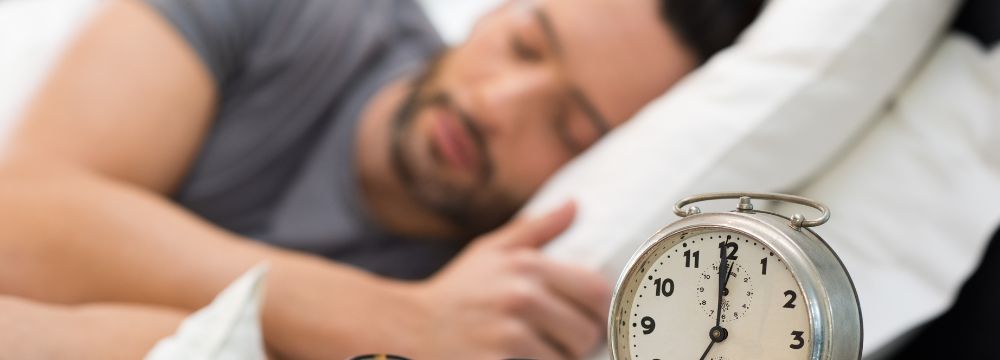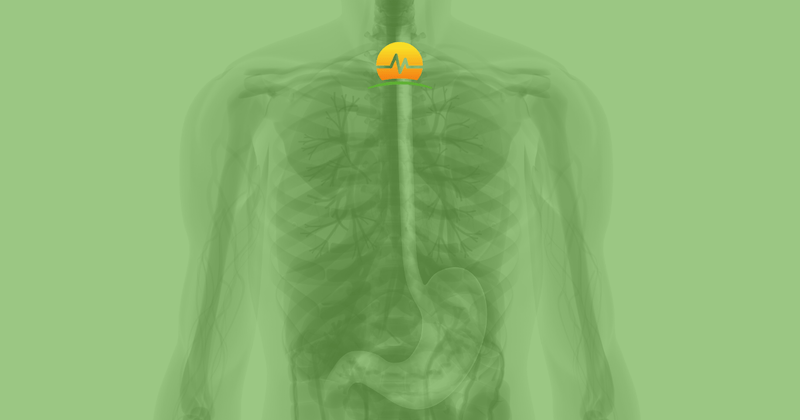
We all must do it; it’s free and one of your most powerful weight loss tools. Sleep can genuinely change your life. Now, we all have to sleep, but as you likely know, you probably aren’t getting enough of it, or at least not enough quality sleep to keep you healthy and help you lose weight. This article will dive into sleep, how it can affect your mood and metabolism, and help with your weight loss goals. We will also discuss the best way to ensure you get the right amount and quality of sleep so you’re up and about, refreshed, and ready to take on the day.
The Importance of Good Sleep
The term “I’ll sleep when I’m dead” may be funny but ultimately has some severe consequences, including, ironically, a shortened lifespan. Sleep is one of the most crucial parts of our daily habits, yet we often overlook and minimize it. For most of us, somewhere between seven and nine hours of sleep is a sweet spot that allows our bodies to recharge and our minds to dump all the previous day’s stresses, allowing us to wake up refreshed. Some outliers require less than seven hours or more than nine hours of sleep, but for most of us, those extremes may actually be worse for us.
Sleep is crucial for several psychological and emotional reasons. Even if you aren’t a bodybuilder or heavy exerciser, sleep helps restore your muscles and balance hormones. Without sleep, we become physically exhausted and unable to perform at our highest level. The same goes for mental health. The hormones regulated by proper sleep can also cause psychological and emotional harm when off balance. Proper hormonal levels help us stay motivated to perform daily tasks and stay on an appropriate diet. Ultimately, lack of sleep has a profound effect on just about every part of life.
Quality of Sleep Matters
Many people sleep for 7 to 9 hours but are still tired in the morning. This common occurrence often results from what we call a lack of sleep hygiene. Our bedrooms may need to be more conducive to proper sleep, or our lifestyles may prevent us from staying asleep throughout the night. Physical concerns like sleep apnea can cause significant interruptions to sleep, and acid reflux can wake us up regularly.
Let’s dive further into how to improve our sleep.
Starting with the environment in which you sleep is truly important. Your room should be quiet, dark, and calm; ambient blue light emanating from devices can stunt your circadian rhythm. Similarly, a hot or noisy room with sounds other than white noise can alter your ability to fall asleep and stay asleep comfortably. Your pillow and mattress also make a difference here. If you wake up with neck or back pain, the first culprit is likely your bedding. Since you spend a third of your life in bed, you should invest in a quality mattress and pillows to make that time most restful. Take advantage of some mattress and pillow manufacturers with generous guarantees on their products, and don’t be afraid to swap them out if necessary and possible.
Take Care of Your Medical Concerns as Soon as Possible
Several medical conditions can cause you to lose sleep. Probably the most critical is obstructive sleep apnea, where your breathing is interrupted during sleep. It affects many people with excess weight or obesity. Sleep apnea can lead to excess weight, fatigue during the day, and even heart disease, so it should be treated as soon as possible. If your partner complains of loud stories or interruptions in your breathing during the night, a sleep study is a good next step. Upon getting those results, you should take immediate action with the correct devices like CPAP or losing weight to get your sleep apnea under control.
Patients with obesity also have significant concerns associated with Acid reflux, including its chronic form known as gastroesophageal reflux disease, or Gerd. Acid reflux can be mild or severe, but it often wakes patients up as they regurgitate stomach fluid. Beyond acid reflux, being uncomfortable, it can also lead to severe dysfunction in the esophagus, including esophageal cancer. Many medical and surgical options exist, so speak to your primary care physician, general surgeon, or weight loss specialists.
Lastly, many patients suffer from benign prostatic hyperplasia or BPH. Also known as an enlarged prostate, this can cause our male patients to wake up several times during the night, interrupting their sleep and that of their partner. It can be managed via several medical, office, or even surgical options, depending on the severity of symptoms and size of the prostate. Once again, it is as simple as visiting a urologic specialist for more information and the proper diagnosis with a treatment plan.
Dietary Habits
Your dietary habits will also affect how you sleep. First, avoid eating or drinking anything caffeinated after midday. This is especially true if you are sensitive to caffeine. While you may feel like it has worn off, residual caffeine can mess with your internal clock, especially regarding sleep.
You may also modify what you eat later in the day. Eating spicy or oily food can increase the risk of reflux and, therefore, affect your sleep. Alcohol can also reduce your sleep quality, even if it does make you tired and allows you to get to bed more quickly.
Routine
Lastly, try to get on a sleep routine that makes sense. Spend a few days trying to understand when your body becomes tired. Again, all of us are different, with some night owls and others needing an early bedtime. Listen to your body and stick to a schedule once you understand when your body becomes tired and ready for bed. When you wake up, try to get some sun in. A beautiful sunny morning is a great way to take your coffee and set your circadian rhythm appropriately. Even a cloudy day gives you enough sunlight to refresh.
The Bottom Line
Sleep is a critical yet underappreciated part of the weight loss process. Because sleep affects so much of our psychological and physical well-being, it should be at the top of the list, regardless of whether they’ve had bariatric surgery. With proper sleep, all other weight loss factors become more accessible, and your weight loss goals will be much more attainable. Once you get your sleep habits down, you can move on to changing other habits that may be a bit harder to fix. But being refreshed and ready to go makes a huge difference.







